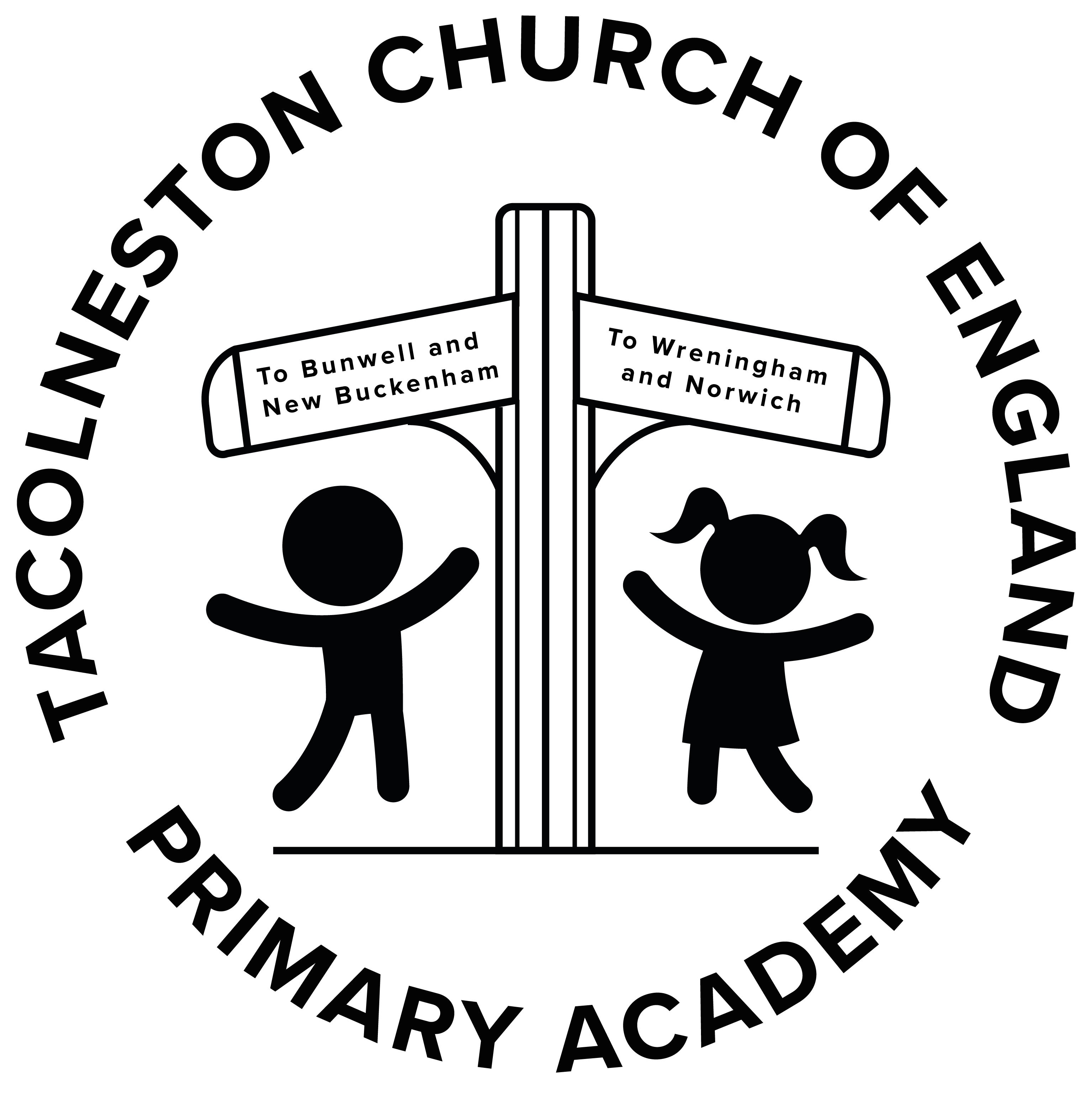RELIGIOUS EDUCATION
Religious Education
Intent
At our schools, we are committed to providing an effective, distinctive, inclusive and exciting Religious Education that is taught in accordance with the Norfolk Agreed syllabus and the Church of England Statement of Entitlement for RE (2019). We meet the needs of all learners, providing a safe environment in which they can develop their sense of identity and belonging through awareness and reflection.
Implement
Through enquiry-led sessions, our RE education explores the 3 disciplines of theology, philosophy and social human sciences inevitably progressing pupils’ spiritual, moral, social and cultural development.
The use of high quality resources such as Understanding Christianity provide children with the core knowledge in key Christian concepts and children will understand Christianity as a living faith that influences the lives of people worldwide and as the religion that has most shaped British culture and heritage. Children will look at global Christianity and different denomination of Christianity, understanding what it means to be Anglican.
RE enables pupils to appreciate and explore their own and others beliefs, as well as their impact on society. It helps them to develop a clear understanding of the significance of religion in their own area as well as the world around them. Children are given the confidence and skills to question, debate and discuss varying view points within a philosophical statement.
Impact
RE teaching provides our children with religious literacy, enabling every child to hold a balanced and well-informed conversation about religion and belief. All children will leave school with an understanding of Christianity and of other Global religions as well as non-religious views. Every child will visit a synagogue in KS1 and a mosque in KS2 and be able to articulate similarities and differences between religions and beliefs.
Withdrawal
In accordance with the Education Acts 1996 and 2002 and DfE ‘Religious Education in English Schools: Non-Statutory Guidance 2010’, parents have the right to wholly or partly withdraw their child from Religious Education at school. We encourage parents to discuss any concerns with the Class teacher or Headteacher.
Tacolneston and Morley CE Primary Academies Federation
Darren Watson 2024
RE Long Term Plan Tacolneston and Morley Federation September 2024
Age Related Expectations for RE Teaching and Learning
RE Progression of Skills Assessment Grid
EYFS
EYFS Enquiry 1 Why is the word God so important to Christians
EYFS Enquiry 2 Why do Christians perform Nativity plays at Christmas
EYFS Enquiry 3 Why do Christians put a cross in an Easter Garden
KS1
A
Y1&2 Enquiry 1 Why is light an important symbol
Y1&2 Enquiry 2 How does a celebration bring a community together
Y1&2 Enquiry 3 How did the universe come to be
Y1&2 Enquiry 4 What does the cross mean to Christians
Y1&2 Enquiry 5 How do Jews celebrate Passover
B
Y1&2 Enquiry 1 What do my senses tell me about the world of religion and belief
Y1&2 Enquiry 2 What does the nativity story teach Christians about Jesus
Y1&2 Enquiry 3 Why do people have different views about the ideas of God
Y1&2 Enquiry 4 What do Jews remember on Shabbat
Y1&2 Enquiry 5 How do Christians belong to their faith family
KS2
A
Year 3&4 Enquiry 1 What is the Trinity.
Year 3&4 Enquiry 2 Why is there so much diversity of belief within Christianity.
Year 3&4 Enquiry 3 What is philosophy How do people make moral decisions.
Year 3&4 Enquiry 5 What do we mean by truth Is seeing believing.
B
Year 3&4 Enquiry 1 Where do Christian religious beliefs come from.
Year 3&4 Enquiry 2 How do people express commitment to a religionworldview in different ways
Year 3&4 Enquiry 3 What does sacrifice mean.
Year 3&4 Enquiry 4 What do Muslims believe about God.
Year 3&4 Enquiry 5 What difference does being a Muslim make to daily life.
A
Year 5&6 Enquiry 1 How and why does religion bring peace and conflict.
Year 5&6 Enquiry 2 What does it mean to be Human Is the being happy the greatest purpose in life.
Year 5&6 Enquiry 3 Creation and science conflicting or complementary.
Year 5&6 Enquiry 5 What do Hindus Believe How do they express their faith.
B
Enquiry 1 How do beliefs shape identity for Muslims.
Year 5&6 Enquiry 2 What difference does the resurrection make to Christians. Year 5&6
Year 5&6 Enquiry 3 Is believing in God reasonable.
Year 5&6 Enquiry 5 How do Buddhists explain suffering in the world.
